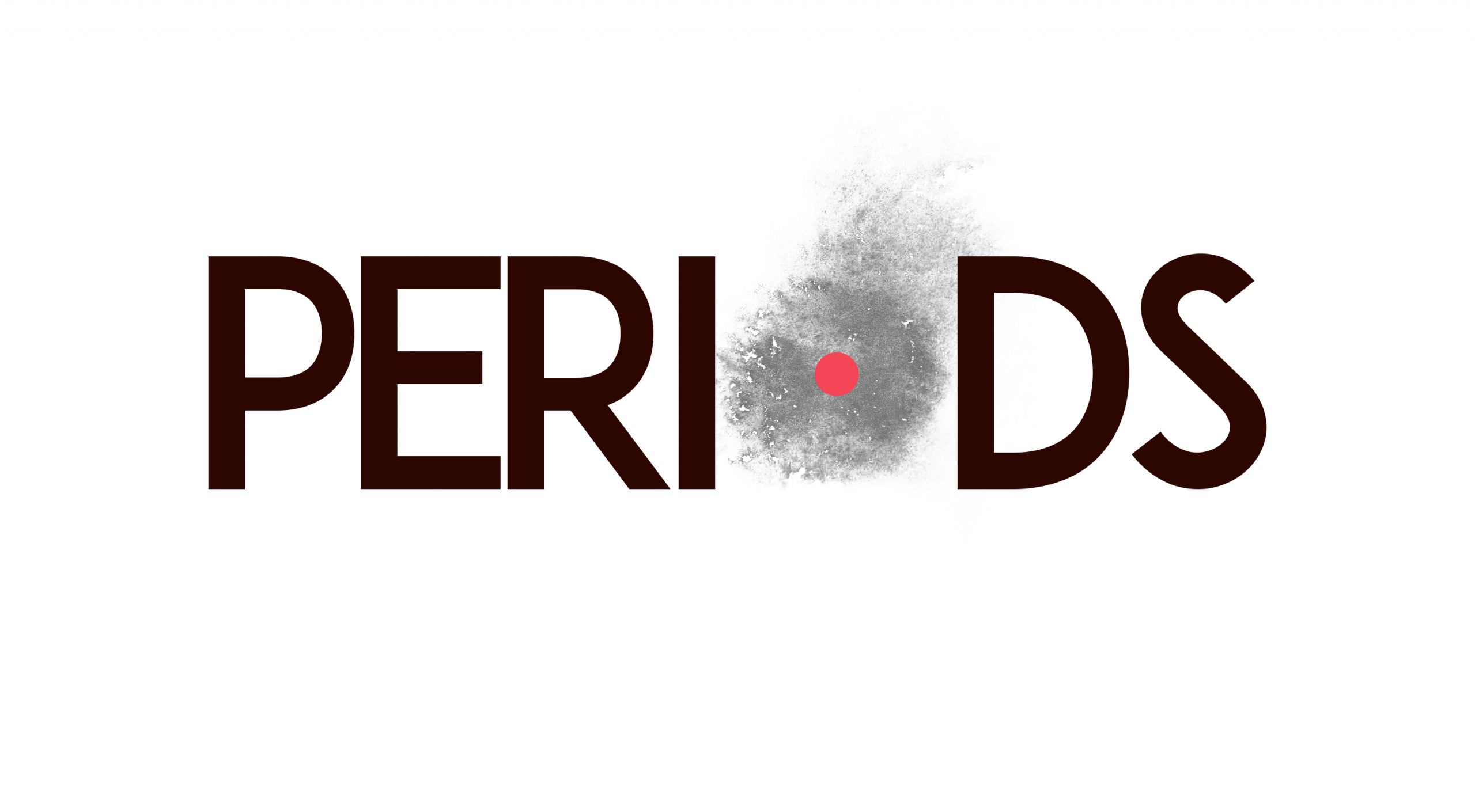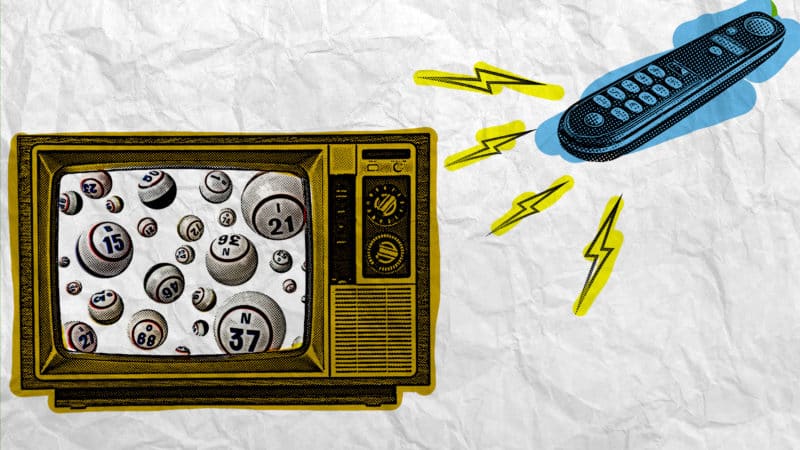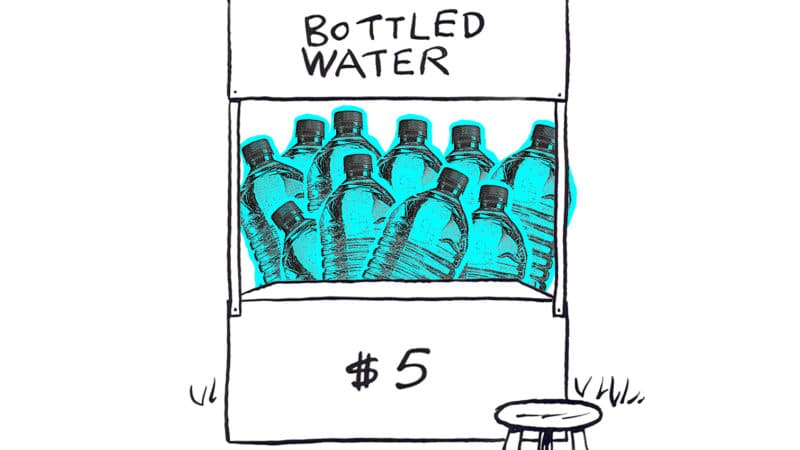By Brett Lowenstein
Homeless women around the country have more worries than simply lacking food and shelter; every month they have to repeat the same stress of getting the right materials necessary to stay clean and comfortable during their periods.
Women in the streets generally have no access to proper pads and tampons, the lack of which can lead to infections and disease. However, being aware of the issue can be the first step to solving it as multiple women have already shown, and some experienced themselves.
Ramona has been living in different shelters throughout the last two decades, having grown up in Hollywood, Florida and a straight-A student and when she studied at Florida Atlantic University.
“I really was a happy child in the beginning and had a good life,” she said. “I would go out on the boat every weekend and sometimes scuba dive as well. My father was a pilot and my mother a caretaker; everything was great. However, behind my smile was a girl who was sexually abused through incest while living with a family that turned their back on me. This set me up for a lot of PTSD to come into my adult life.
“As time went on, I still had a normal life. I studied, worked, and even had a baby. I also had an inheritance to my name and had a comfortable life. However, the mid-nineties became my hardest years. Within three months, I lost both of my parents, my baby, and the estate that was granted to me. My parents were everything that I had and when they were gone, I lost myself and everything was taken from me.”
In addition to losing her family and estate, Ramona was also fired from her job at Broward County Aviation because of her frequent trips to the doctor due to her muscular dystrophy. With all of this happening, she found her way into a shelter and became friends with the people around her.
While these organizations aim to aid homeless women’s struggle, the majority of these women still don’t have the right help and risk infections and disease.
Around this time, she was able to receive her feminine products because the shelter provided them for her. However, according to her, other women had it harder to find what they needed.
“Women who didn’t stay at the shelter I was at may have had it worse. I know that in prison, they would supply the worst-quality pads any woman could ever use. Aside from that, women in the streets usually steal tampons from the laundromat or convenience store as well as use tissues and newspapers. Seeing these other women having a hard time really put things into perspective for me.”
Solutions may seem limited besides resorting to newspaper and laundromat complementaries, but there are organizations working to create better ones.
One non-profit organization, in particular, The Beauty Initiative Inc, provides women with sanitary products and empowerment according to Ashley Eubanks, who founded the nonprofit from a personal experience. “After seeing a woman panhandling with blood-stained clothing, I knew that I had to do something, so I started my foundation,” Eubanks wrote in an email.
“The Beauty Initiative Inc. is a nonprofit 501 (c)(3) organization and our mission is to help people feel clean and restore their dignity by providing hygiene products to those experiencing homelessness and/or financial hardship.
“Our inaugural initiative, Help Her Period, provides menstrual supplies to women that are homeless and girls in schools. We have provided over 3,000 bags filled with 40+ items after collecting over 130,000 items in one year,” said Eubanks.
In addition to organizations like The Beauty Initiative, other shelters themselves provide programs that assist women in need of proper health care and materials.
The Lotus House Shelter in Miami has an entire health care clinic that works with each woman individually, whether it be help during her period or pregnancy. Organizations and shelters like these exist around the country for the sole purpose of bettering the lives of women in the streets, especially when it comes to their periods.
While these organizations aim to aid homeless women’s struggle, the majority of these women still don’t have the right help and risk infections and disease.
In most cases, pads and tampons are taxed and expensive making a period more of a financial burden leading many women to use the same tampon or pad for the duration of their period — risking not only a yeast infection, but a deadly one known as toxic shock syndrome. It can be life-threatening, but it is also preventable with fresh tampons and pads.
Although the simple solution may seem to be providing tampons and pads to women in need, they also need a proper place to clean — a common issue for homeless men as well. In addition to the physical necessities, homeless women need to be able to know that they can speak up about their period and ask for help.
In a society where talking about menstruation is somewhat taboo, the first step to breaking down the barriers is awareness. Not only an awareness of women’s struggle, but that of the plight of homeless women who suffer the most.



